Lester Piggott was famous for pinching other jockeys’ rides. He used his friendship with owner Ivan Allan to have Luca Cumani’s regular rider Darrel McHargue ‘jocked off’ Commanche Run in the 1984 St Leger. The disgusted McHargue said that he would spend the day playing tennis rather than watch the race, which duly supplied Piggott with his 28th Classic victory.
Already a subscriber? Log in
Subscribe for just $2 a week
Try a month of The Spectator Australia absolutely free and without commitment. Not only that but – if you choose to continue – you’ll pay just $2 a week for your first year.
- Unlimited access to spectator.com.au and app
- The weekly edition on the Spectator Australia app
- Spectator podcasts and newsletters
- Full access to spectator.co.uk
Or
Unlock this article
You might disagree with half of it, but you’ll enjoy reading all of it. Try your first month for free, then just $2 a week for the remainder of your first year.

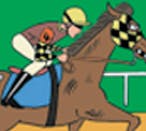
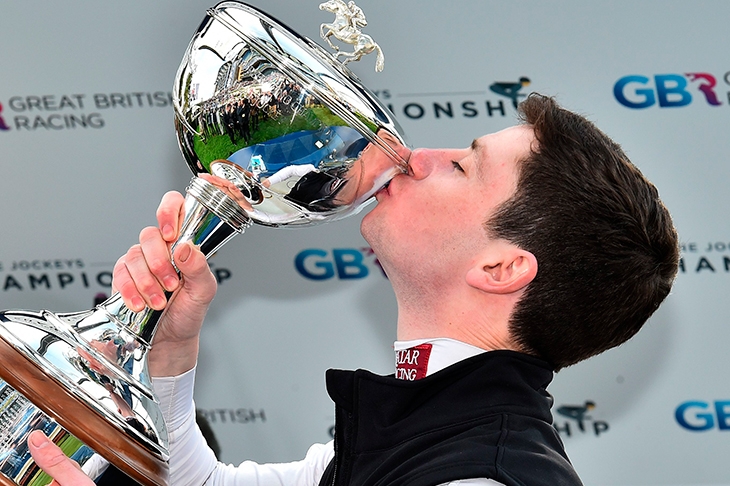


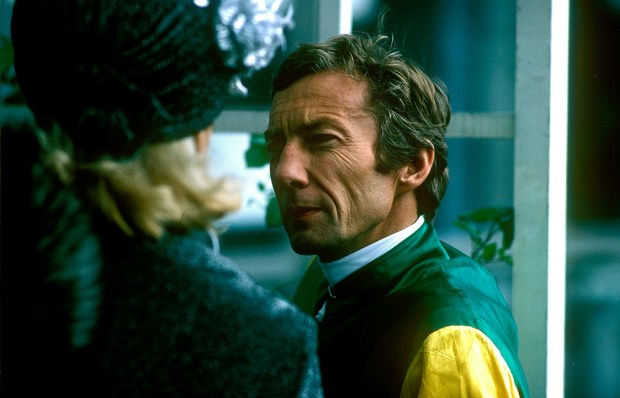
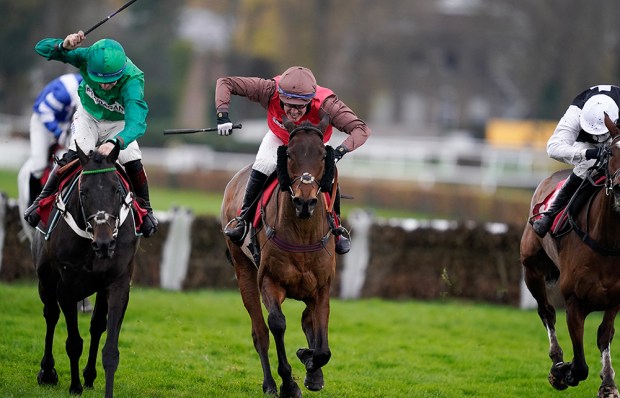
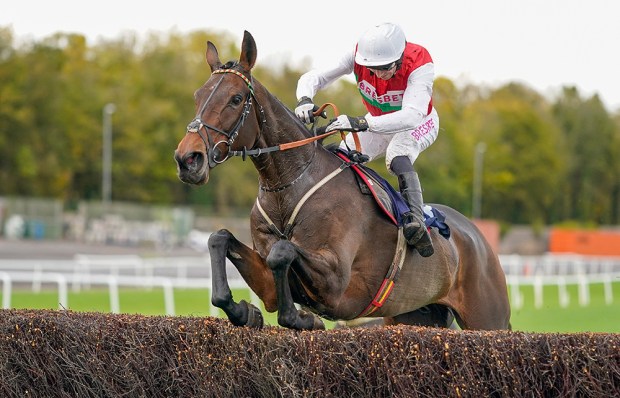
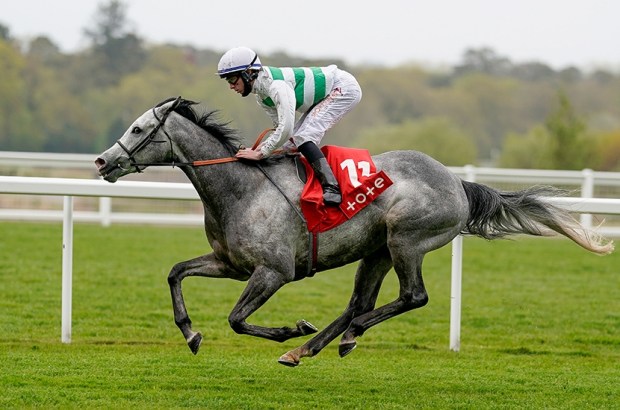






Comments
Don't miss out
Join the conversation with other Spectator Australia readers. Subscribe to leave a comment.
SUBSCRIBEAlready a subscriber? Log in